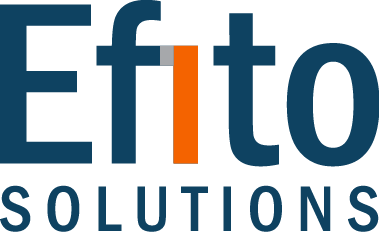

In a technological landscape where artificial intelligence continually pushes boundaries, the latest feat raises both fascination and concerns. AI can now replicate your handwriting with startling accuracy. This technological advancement opens a realm of possibilities, but it also prompts a critical examination of the ethical and privacy implications associated with the ability of machines to mimic a uniquely human trait. In this blog post, we delve into the implications of AI's newfound skill in copying handwriting and the concerns it raises.
The Art of Imitation:
Artificial intelligence has long been capable of impressive feats, from image recognition to natural language processing. Now, the ability to imitate handwriting has been added to the repertoire of AI capabilities. This involves machines learning the nuances, strokes, and intricacies of an individual's handwriting style to reproduce it accurately.
Applications and Concerns:
Ethical Considerations:
Looking Ahead:
The emergence of AI capable of copying handwriting marks a juncture where technological innovation intersects with ethical considerations. As these technologies evolve, it becomes imperative for society to collectively define boundaries, regulations, and ethical frameworks that mitigate risks and safeguard individual privacy.
Conclusion:
While the ability of AI to replicate handwriting showcases the remarkable progress in machine learning, it also prompts a reevaluation of the ethical implications surrounding personal identity, privacy, and security. As we navigate this intersection of technology and humanity, it's crucial to approach these advancements with a thoughtful consideration of their impact on society and to enact measures that prioritize responsible use, transparency, and the protection of individual rights.